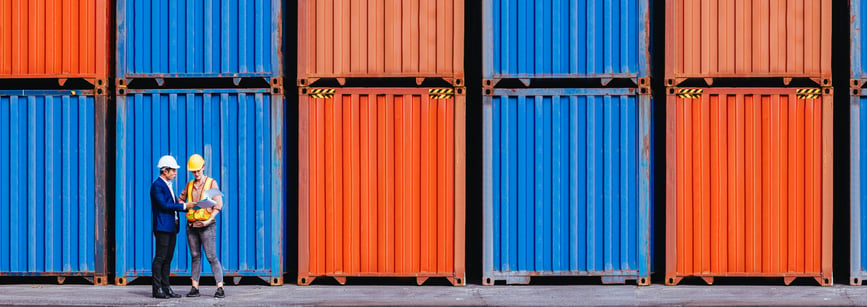
In 2020, HMTX Industries, LLC, along with over 3,600 other importers and associations, filed a lawsuit claiming that President Trump exceeded the authority delegated by Congress under Section 301 of the Trade Act when implementing the List 3 and 4a tariffs during a "trade war" with China. The lawsuit alleges violations related to trade secrets and intellectual property rights (IPR) theft.







